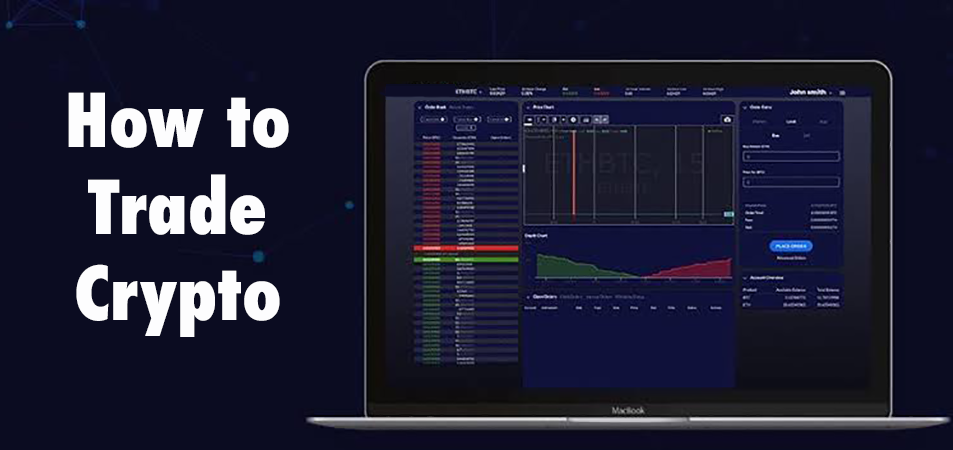Cryptocurrency trading is the act of speculating on cryptocurrency price movements via a CFD trading account, or buying and offering the underlying coins through an exchange. CFDs trading are derivatives, which allow you to hypothesize on cryptocurrency rate motions without taking ownership of the underlying coins. You can go long (' buy') if you believe a cryptocurrency will rise in value, or short (' offer') if you think it will fall.
Your earnings or loss are still determined according to the full size of your position, so leverage will magnify both profits and losses. When you purchase cryptocurrencies by means of an exchange, you purchase the coins themselves. You'll need to create an exchange account, put up the amount of the property to open a position, and save the cryptocurrency tokens in your own wallet till you're prepared to sell.
Numerous exchanges also have limits on just how much you can transfer, while accounts can be extremely pricey to keep. Cryptocurrency markets are decentralised, which suggests they are not provided or backed by a central authority such as a federal government. Instead, they stumble upon a network of computers. Nevertheless, cryptocurrencies can be purchased and offered by means of exchanges and kept in 'wallets'.
 To Trade Cryptocurrency ...blockgeeks.com
To Trade Cryptocurrency ...blockgeeks.com
When a user wishes to send out cryptocurrency units to another user, they send it to that user's digital wallet. The transaction isn't considered last till it has actually been validated and added to the blockchain through a process called mining. This is also how brand-new cryptocurrency tokens are typically developed. A blockchain is a shared digital register of taped information.
To choose the very best exchange for your requirements, it is essential to fully comprehend the kinds of exchanges. The very first and most typical kind of exchange is the centralized exchange. Popular exchanges that fall into this category are Coinbase, Binance, Kraken, and Gemini. These exchanges are personal business that offer platforms to trade cryptocurrency.
The exchanges listed above all have active trading, high volumes, and liquidity. That stated, centralized exchanges are not in line with the philosophy of Bitcoin. They operate on their own personal servers which develops a vector of attack. If the servers of the company were to be compromised, the whole system could be shut down for some time.
The bigger, more popular central exchanges are without a doubt the most convenient on-ramp for new users and they even provide some level of insurance should their systems fail. While this is true, when cryptocurrency is bought on these exchanges it is stored within their custodial wallets and not in your own wallet that you own the secrets to.
Ought to your computer and your Coinbase account, for example, become compromised, your funds would be lost and you would not likely have the ability to claim insurance. This is why it is essential to withdraw any large amounts and practice safe storage. Decentralized exchanges operate in the same manner that Bitcoin does.
Instead, believe of it as a server, except that each computer system within the server is spread out across the world and each computer that comprises one part of that server is controlled by an individual. If one of these computer systems switches off, it has no result on the network as an entire because there are plenty of other computers that will continue running the network.